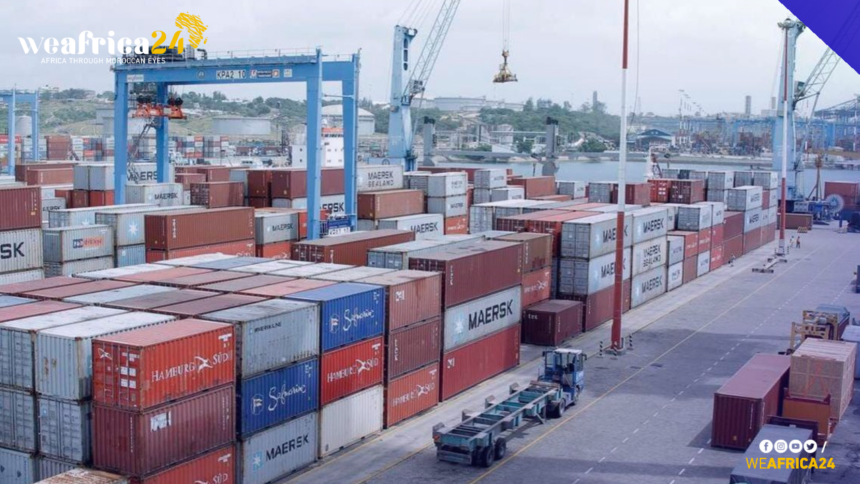East African nations are facing a looming surge in food and fuel prices due to the escalating conflict in the Middle East, disrupting the flow of goods through the Red Sea. Ongoing hostilities between Israel and Hamas-led Palestinian militant groups in Gaza have heightened insecurity in the Red Sea, prompting ships to seek alternative, albeit longer and more expensive routes away from the Suez Canal.
The Suez Canal, a crucial 193.30-kilometer waterway in Egypt connecting the Mediterranean to the Red Sea, is experiencing increased risks and rising transit fees. The Suez Canal Authority announced a five to fifteen percent increase in transit fees for ships passing the canal from January 15, 2024.
The East African Business Council (EABC) warns that the economic impact of the Middle East conflict on the region will be substantial. John Bosco Kalisa, CEO of EABC, emphasized the region’s dependence on the Suez Canal as a vital and shorter route. The shift to alternative routes is expected to raise transport and logistics costs, contributing to the already high prices of imported food and energy.
Estimates by the International Grains Council (IGC) indicate that re-routing from the European Union (EU) and Black Sea countries via the Cape of Good Hope in southern Africa adds 10 to 15 days to travel time and $6 to $8 per tonne to freight costs.
Major shipping companies, including Maersk and prominent Japanese players, have suspended transit through the Red Sea route, diverting around the Cape of Good Hope. This diversion adds over 6,000 kilometers to the journey.
The World Trade Organization’s Wheat Dashboard reports a significant drop in shipments of wheat through the Suez Canal, with an increasing number of vessels rerouting in January to avoid heightened security risks. The disruption is expected to continue, prompting companies to prepare for potential disputes, escalating insurance premiums, and additional rises in costs.
Approximately 12 percent of global trade, including 30 percent of global container volume, passes through the Red Sea. As companies grapple with the challenges posed by the ongoing Red Sea crisis, concerns grow over the impact on global trade, food and fuel prices, and the economic stability of East African nations.







